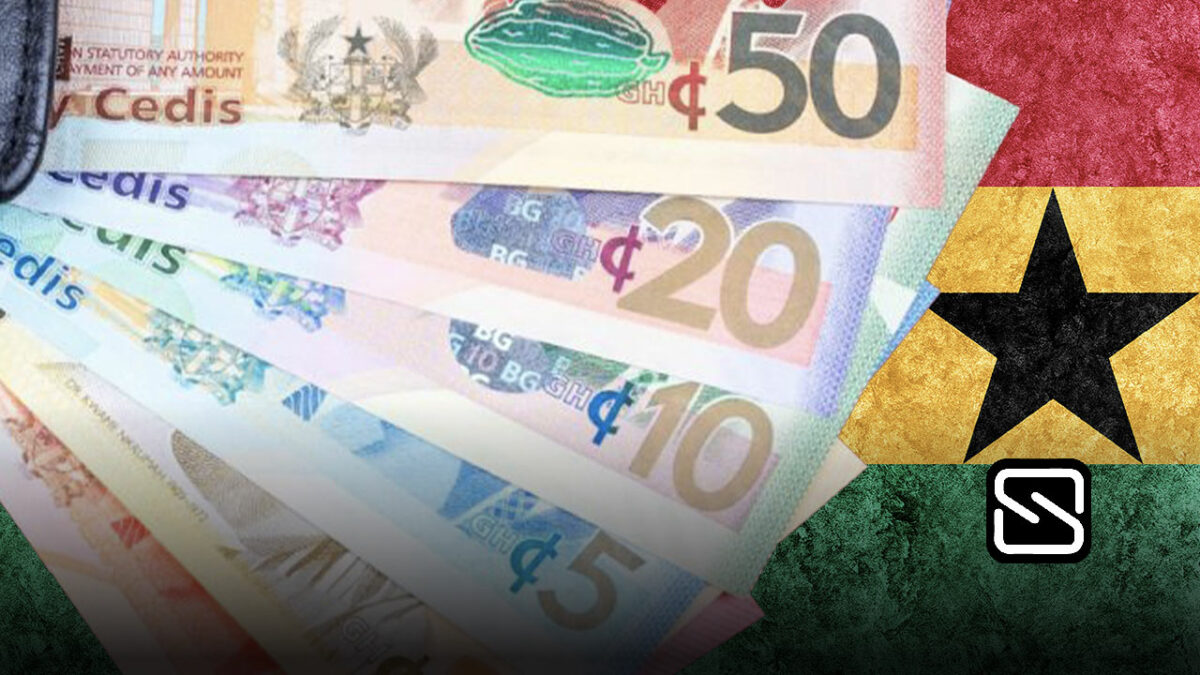Ghana, a West African country, recently announced its plans for the Central Bank Digital Currency (CBDC) by presenting a design paper. The motivations include a mix of considerations such as facilitating financial inclusion, pursuing a cash-lite economy, improving operational efficiency, and so on, according to the governor of the Bank of Ghana. The eCedi’s major factor is said to be inclusivity.
Ghana, a West African country, is considering launching a digital currency issued by its central bank (CBDC). Inclusion will be a key feature of Ghana’s CBDC, according to the Central Bank of Ghana. Even individuals without a bank account or even internet connection would be able to use digital money, known as eCedi. In a recently released design document, the Bank also suggested using a hardware wallet and other devices with the eCedi.
What is Ghana’s strategy?
Ghana’s Central Bank released a design paper for CBDC eCedi earlier this week. It suggested employing a hardware wallet for digital currency to let Ghanaians who don’t even have a bank account or internet access gain access to financial services.
Ghana is Africa’s largest gold producer, and the government has opted to digitalize the economy in order to boost efficiency and minimize corruption. The concept of Central Bank Digital Currencies was first proposed last year.
The Bank emphasized its belief that incorporating digital payments will help legitimate the African economy, making eCedi adoption more seamless. It has also detailed its plans for a retail CBDC based on tokens.
The offline component of eCedi helps people in rural areas with limited internet access, and is influenced by the concept of an offline wallet. The Central Bank has also made smart cards, wallet gadgets, and smart wristbands available for peer-to-peer transactions.
According to the Bank of Ghana’s Governor, Ernest Addison, the institution has stated its intention to investigate a CBDC as part of a financial sector digitalization drive. The Bank of Ghana launched the eCedi, which is the digital version of the Cedi’s banknotes and coins, as part of the initiative.
He went on to say that the motivations in Ghana are a mix of things, including facilitating financial inclusion, pursuing a cash-lite economy, improving operational efficiency, and payment cost-effectiveness. In addition, privately issued digital currencies will have safe, secure, and trustworthy options.
Various African countries, notably South Africa, are working on the concept or have already implemented it in some form. While the United States is researching the digital dollar, China has launched a pilot program for the Digital Yuan.
The Bank of Canada has also recently teamed up with the Massachusetts Institute of Technology (MIT) to work on a 12-month research project aimed at developing a central bank digital currency.
The concept of a central bank’s digital currency is rapidly gaining traction in the minds of several worldwide authorities. They are still doing a lot of research on CBDCs. It will be interesting to see if CBDCs prove to be a viable concept on a global scale.
